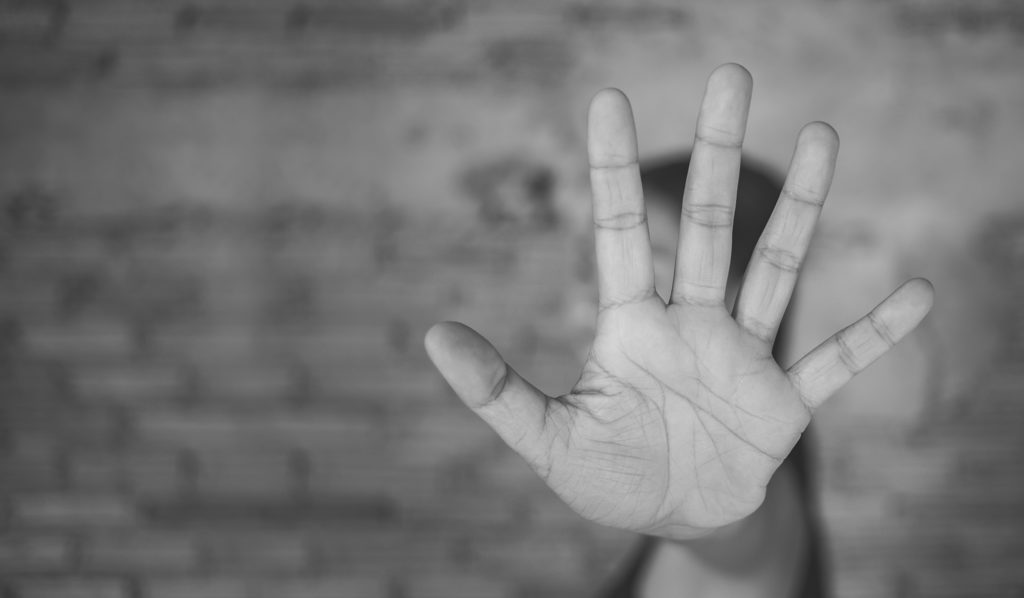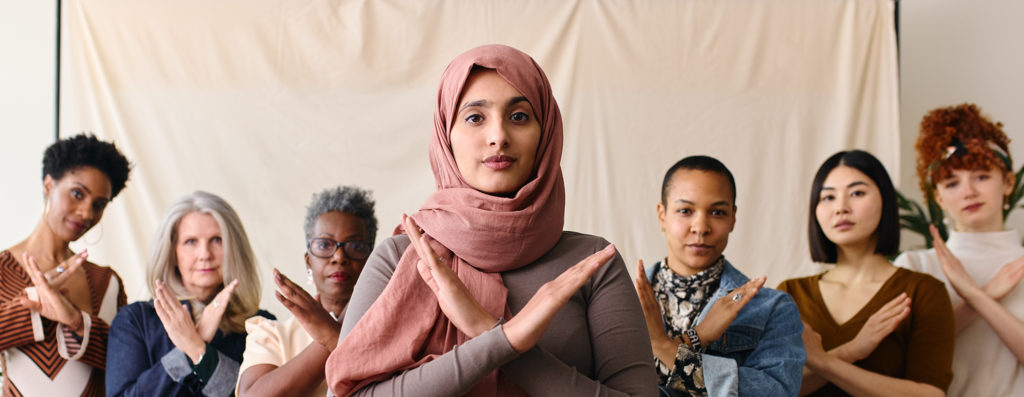
By Alex Li
With the recent increase in anti-Asian hate crimes, such as the Atlanta spa shooting, our communities are being forced to confront patterns of anti-Asian bias and discrimination. In addition to this renewed attention, highlighted by the hashtag #stopasianhate on social media, Asian-American civil-rights organizations, such as Stop AAPI Hate, Stand with Asian Americans, and Asian Americans Advancing Justice, have begun a new wave of advocacy, documenting and reporting anti-Asian hate crimes, as well as engaging in legal advocacy for people impacted by anti-Asian discrimination and bias.
Anti-Asian Discrimination in the Workplace: Lee v. Portfolio Advisors LLC
While much of this attention has been focused on more visible forms of anti-Asian discrimination, a recent lawsuit filed in Connecticut shows that even Asian Americans who have achieved some degree of economic, educational, and professional success continue to face subtle yet damaging discrimination. The suit, filed on June 27, 2022, by plaintiff Michelle Lee against her employer, Portfolio Advisors LLC, a Connecticut-based private equity firm, alleges that the firm and her managers discriminated against her over 15 years on the basis of her race, national origin, gender, and religion (in her case, the lack thereof). Michelle Lee, who is Asian American, claims that this discrimination took the form of unequal compensation and advancement opportunities, the intentional infliction of emotional distress, a hostile work environment, and sexual harassment. When she spoke out about some of these allegations, the suit alleges, the company took no action, but retaliated by giving her negative performance reviews.
Allegations of Racial Discrimination and Sexual Harassment
In Lee v. Portfolio Advisors LLC, the following details are provided: Michelle Lee has been unable to advance within the firm or be promoted to senior management despite being a Yale Law School graduate with multiple honors, contributing to the firm for 15 years, and receiving consistently excellent performance reviews. Others hired after her, mostly white Morman men, advanced to senior management positions and received a higher salary despite having fewer qualifications.
According to Lee, these were not isolated incidents, but part of a pattern of bias. As of February 2022, prior to the filing of the case, out of the 35 managing directors in the firm, 33 of them were men, almost all of whom were white and many of whom were Mormon. In the entire history of the firm, there had been only three female managing directors, all of them white. Comments from other employees within the firm confirm the perception that white men, especially Mormon men, are regularly enabled to advance further and faster within the firm, despite fewer qualifications and contributions.
Michelle Lee, on the other hand, worked tirelessly—often after business hours, on weekends and holidays, and during maternity leave. Peers and supervisors recognized that she was integral to the firm’s success. The suit cites one of her supervisors telling her: “The sheer volume of work that crosses your desk is mind boggling”, while members of one of the investment teams expressed concern that if she ever left the firm, the operations of the firm would be seriously jeopardized.
Despite her contributions, Michelle Lee was not only prevented from advancing, but instead faced racist remarks, verbal abuse and profanity, the circulation of rumors about her cleanliness, and sexual harassment by coworkers and supervisors at the firm. One coworker made frequent comments about her appearance, subjected her to unwanted touching, and on two occasions forcefully kissed her. When she refused to enter into a relationship with him, the coworker retaliated by making accusations against her to supervisors. A complaint to her supervisor yielded no results: instead, she was given negative performance reviews which contained descriptions of her as being “difficult to work with.”

Intersectional Patterns of Discrimination Against Asian-American Women
Michelle Lee’s suit alleges that she was discriminated against for being “Asian, female, and non-Mormon.” Recent research reports from the UC Hastings-Affiliated research group Worklife Law on Women in STEM find similar patterns of workplace bias in data and interviews collected on the experiences of women, and especially women of color, working in engineering and the sciences. Among the patterns of bias and discrimination are:
The Prove-It-Again Bias
The Prove-It-Again Bias forces women to prove again and again that they are competent.
The Tightrope Bias
The Tightrope Bias forces women to navigate gendered expectations that they act passive or obediently, despite the need to act assertively as leaders and as professionals.
The Maternal Wall Bias
The Maternal Wall Bias disadvantages women for having children, or even for their capacity to have children.
The Tug of War or “Boys’ Club” Bias
The Tug of War or “Boys’ Club” Bias impacts women by forcing them to assimilate to male gender norms in order to fit in at majority-male workplaces, especially in managerial settings.
Another report from Worklife Law highlights some of the ways these biases facing women in the workplace interact with anti-Asian bias. Asians in the workplace are stereotyped as passive, obedient, and hardworking. The report finds that Asian women in the workplace face the double-bind of being stereotyped as passive and obedient because they are both female and Asian, leading them to be seen negatively when they act assertively, express anger, or take on leadership roles. This can make it difficult to be seen as both likeable and professionally competent, and forces Asian women into “worker bee” roles, rather than leadership positions. Furthermore, Asian women, who are stereotyped as hardworking, are seen as less in need of maternity leave, and are often granted less maternity leave than other women in the workplace facing the Maternal Wall Bias.
We can see many of these patterns of intersecting biases at play in the allegations brought by Michelle Lee against her employers. She was repeatedly denied opportunities for advancement and compensation despite her contributions and heavy workload, while white male colleagues who were hired later and contributed less advanced past her. She was identified as “difficult to work with” after speaking out about workplace sexual harassment. She had to face demeaning comments about her pregnancy, and had her compensation cut when she took maternity leave—even though she continued to work during her leave.
Victims of Discrimination in the Workplace May Have Legal Options
No one should have to face discrimination due to their race, gender, or religion, and the law provides protection for these and other protected characteristics. Moreover, individual cases alleging bias are not the only vehicle for seeking recompense for these harms. A class and collective action lawsuit is also an effective way to seek redress under the law, as lead counsel Xinying Valerian has written about in the case of Ellen Pao, another case alleging discrimination against Asian American women. Even harm that cannot be traced to single individuals’ overt bias can still be redressed.
Class and collective-action lawsuits can uncover and litigate patterns of bias and unequal impact. They can provide people with the opportunity to stand up to discrimination in the workplace and beyond. If you believe you are the victim of workplace discrimination and are considering your legal options, consult our experienced employment attorneys at Valerian Law.